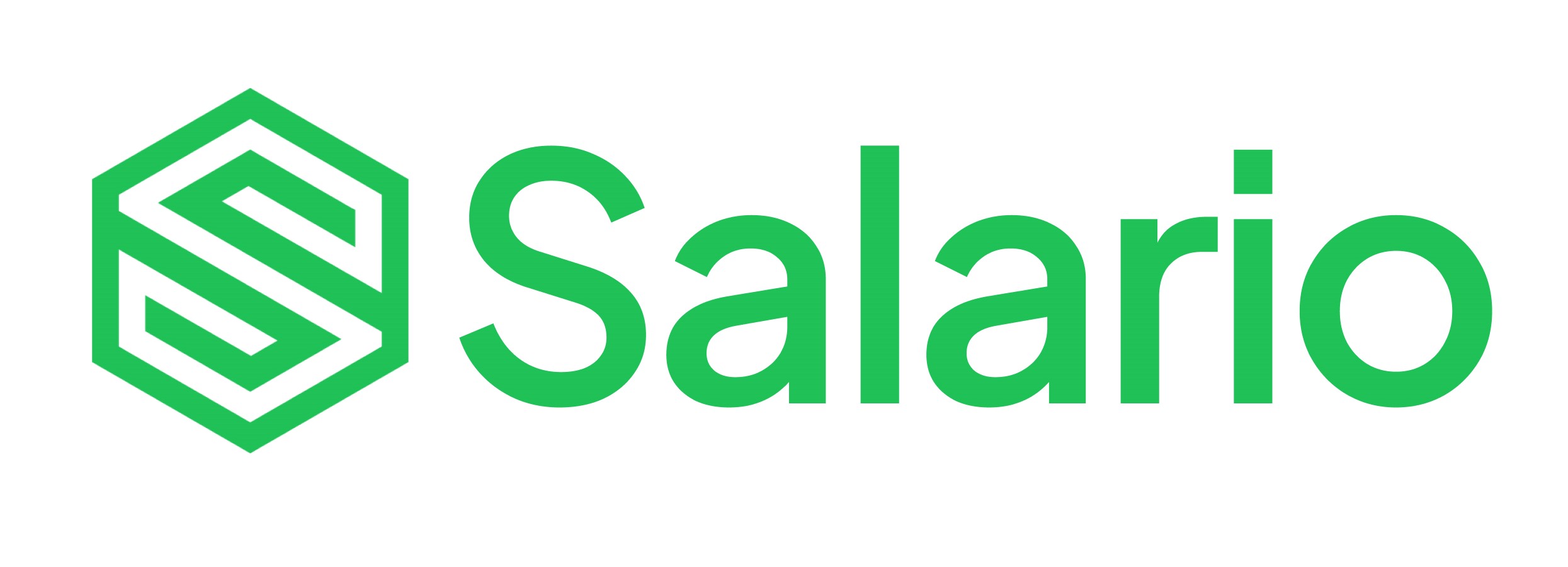
Running a business in Nigeria is already a sport. Managing payroll can be tricky, but understanding these key terms can make your life a lot easier. Here’s a simple guide to help you navigate the essentials of payroll:
1. Gross Pay
This means the amount an employee earns before any deductions are taken out.
In simple terms, consider gross pay to be your employee’s “full pay cheque” before anything is removed.
2. Net Pay
This term refers to the actual amount an employee takes home after all deductions have been made.
In simple terms: net pay is what lands in your employee’s bank account, it’s their “take-home” money.
3. Deductions
These are specific amounts subtracted from an employee’s gross pay, such as taxes, health insurance, or retirement contributions.
To put it simply, deductions are small amounts deducted from an employee’s total pay for various reasons before they are paid.
4. Withholding Taxes
A portion of an employee’s earnings that is held back to pay federal, state, or local taxes.
It’s money your business sets aside from each pay cheque so the government gets its tax share on time.
5. Payroll Taxes
These are taxes that are charged on income In Nigeria, you can calculate PAYE based on the amount an individual earns. The PAYE rates progress from 7% (if your annual income is less than NGN 300,000) to 24% (if your annual income is more than NGN 3,200,000) of an employment taxable income. However, those earning minimum wage or less from employment are exempted from personal income taxes.
6. Overtime
What it means: Extra pay given to employees who work more than the standard number of hours in a workweek.
In simple terms, if your team works extra hours, overtime is the bonus they receive for putting in the extra time.
7. Payslip
This is a document that details an employee’s earnings, deductions, and net pay for a specific pay period.
A payslip is like a mini report card for each pay cheque, it shows how much was earned and what was taken out.
8. Direct Deposit
What it means: A payment method where an employee’s salary is electronically transferred directly into their bank account.
In simple terms: Instead of a paper check, money goes straight to your employee’s bank, saving time and hassle.
9. Employee Benefits
These are non-wage perks provided to employees, such as health insurance, retirement plans, or paid time off.
Benefits are extra rewards your employees get beyond their salary, making your company a better place to work.
10. Compliance
This entails following all the laws and regulations related to payroll, taxes, and employee benefits in the Labour Laws of Nigeria.
In essence, compliance refers to adhering to the rules to prevent your business from encountering legal issues.
Ready to Simplify Your Payroll Process?
Understanding these terms is the first step towards a smoother, more efficient payroll system. Whether you’re a seasoned business owner or just starting out, this guide helps ensure that your payroll process is clear, compliant, and stress-free.
Book a demo today to understand more on automated payroll
